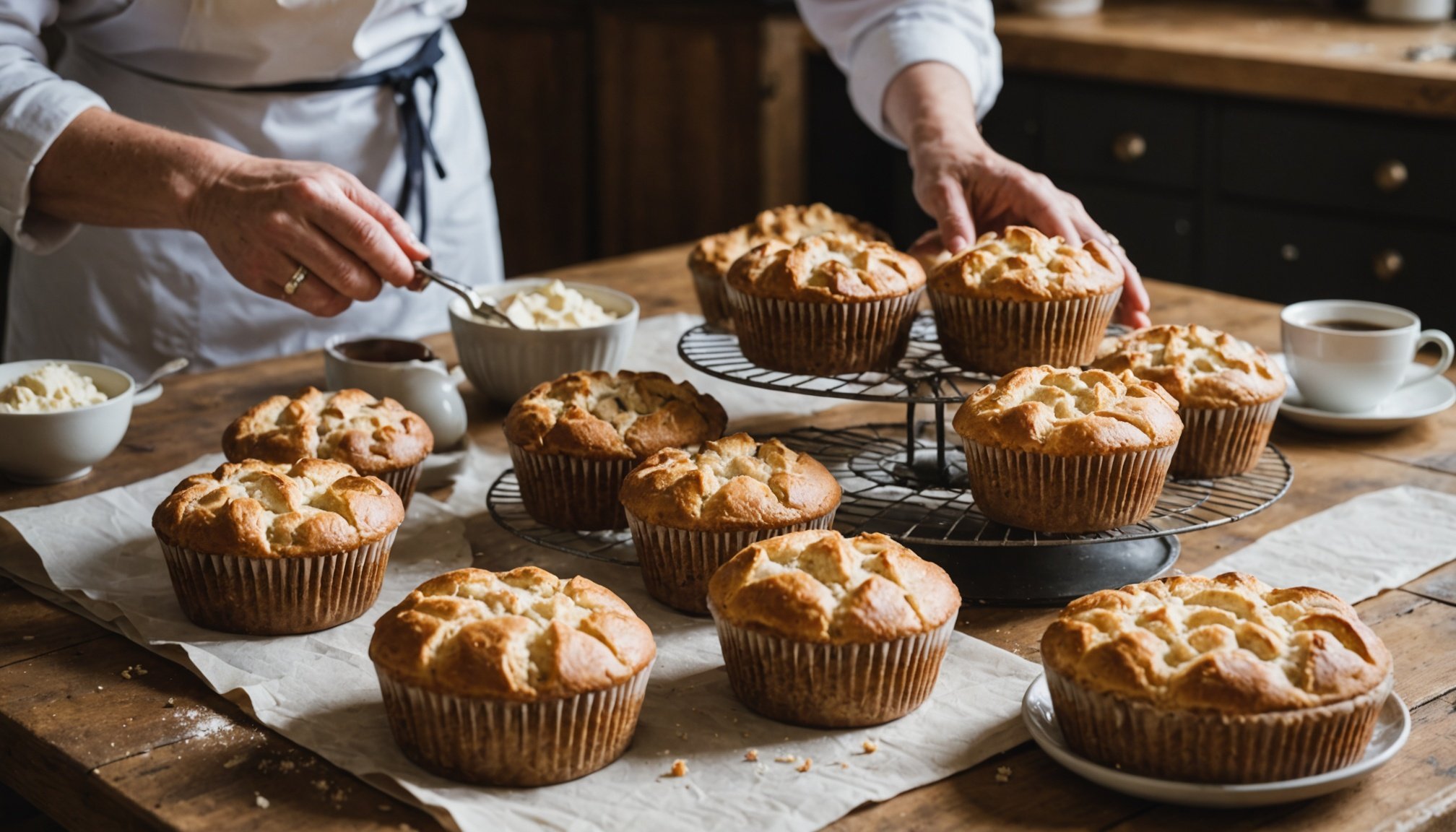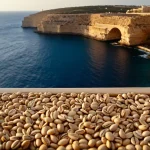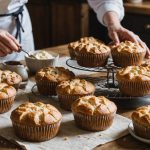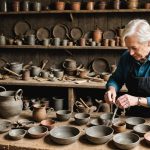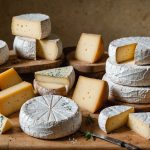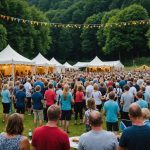Overview of Authentic British Baking Classes
Delve into the world of Authentic British baking to discover a rich tapestry of history and flavour. Traditional British baking holds significance not only culinary but culturally, preserving cherished recipes passed down through generations. Classic treats like scones, Victoria sponge cakes, and Cornish pasties offer a window into Britain’s past, each with its own story and significance.
For baking enthusiasts keen on mastering these classics, finding authentic baking classes is crucial. Such classes not only teach recipes but also emphasize traditional techniques. Learning methods such as rubbing butter into flour by hand or properly folding sponge cake batter ensure the authenticity of each bake.
Additional reading : Discover the Best Locations to Experience Authentic British Blacksmithing Workshops
A quality baking class experience should offer more than just a recipe book. Look for classes that provide:
- Hands-on practical training with expert guidance
- In-depth knowledge about ingredient sourcing and cultural history
- Small class sizes to ensure personalised attention
These elements are key to immersing oneself fully in the art of British baking. Cultivating these skills and knowledge fosters a deeper appreciation for the craft and contributes to the preservation of cherished culinary traditions. With the right class, anyone can become a confident baker of British treats.
Also to discover : Discover the Best Guided Walking Tours of Cambridge”s Historic Colleges: Your Ultimate Guide!
Top Reputable Locations for British Baking Classes
For those passionate about British baking, finding the right school is essential to hone your skills. Below are some renowned institutions offering top-notch baking workshops.
Location 1: Description
This location stands out due to its highly qualified instructors, many of whom come with years of professional experience in the best baking schools across the UK. The classes cover a spectrum of specialty baking techniques, such as traditional Victoria sponge cakes and savoury pies. Students frequently share glowing testimonials, lauding the personal growth and baking expertise they gained from these workshops.
Location 2: Description
What sets this baking school apart is its unique approach, offering a mixture of hands-on and demonstration-based class formats. Pricing is transparent and covers all necessary materials, making it convenient for participants. Reviews often praise the engaging teaching style, noting the adaptability and enthusiasm of the instructors which make learning British baking an enjoyable and enriching experience.
Location 3: Description
This location offers both in-person and online classes, catering to a wide audience. Comparing the two, their online courses have been praised for accessibility while maintaining the quality of instruction. Popular recipes include the classic Bakewell tart and other quintessentially British treats. Beyond the classes, there are networking opportunities, fostering a community of passionate bakers.
Insights into Class Formats and Accessibility
When selecting a baking class, considering the class formats is pivotal for achieving the best learning experience. As an increasing number of individuals turn to baking, understanding class formats and accessibility is essential in making informed decisions.
Online baking classes have surged in popularity due to their unparalleled flexibility. Learners can access content from anywhere, breaking the constraints of geographical location and time. This contrasts with in-person classes, which often require travel to a specific venue, sometimes involving considerable travel considerations. For those with demanding schedules, the ability to pause and rewind online lessons provides a significant advantage.
Accessibility also plays a crucial role in catering to people with different skill levels. Online platforms typically offer a range of courses from beginner to expert, allowing pupils to progress at their own pace. This inclusivity ensures that no one feels left behind.
In contrast, in-person classes tend to have set curriculums, and attendees must keep up with the pace of the instructor and fellow participants. The necessity to travel may also deter those who do not reside near culinary schools or baking studios. Hence, when weighing options for learning to bake, assessing the formats and their inherent accessibility is crucial.
Understanding the Baking Techniques and Styles
British baked goods hold a special place in the heart of the UK’s culinary scene, celebrated for their unique textures and flavours. The traditional methods used in British baking are as varied as they are cherished.
Scones and Clotted Cream
Scones are a quintessential British delight, often accompanied by clotted cream. Originating from Scotland in the early 1500s, they are now a staple in British culture, especially during afternoon tea. Perfecting the texture of a scone involves a few key techniques: keeping the butter cold, not overmixing the dough, and using whole milk or cream to enrich it. Variations abound, with regional influences leading to additions such as currants in Devon or the use of buttermilk in Scottish scones.
Traditional Cakes
Staple British cakes like Victoria sponge and fruitcake require precision. Achieving the ideal cake consistency often depends on techniques like evenly sifting flour, creaming butter and sugar until fluffy, and gradually adding eggs. Decorating tips emphasize simplicity and elegance, with Victorian cakes often adorned with a light dusting of sugar or a layer of rich icing.
Tarts and Pies
Pastry techniques are pivotal in British baking, especially for creating the crisp, flaky crusts that characterize many tarts and pies. The key is handling dough delicately and ensuring just the right temperature balance. Popular fillings include custards, fruits, and meats, offering a broad range of savoury and sweet flavour pairings that cater to all palates.
Evaluation of Pricing and Value
Understanding the baking class pricing landscape is essential when choosing the right course for your needs. On average, quality British baking classes range from £50 to £200 per session, dependent on various factors. But what determines such a diverse price range?
Several aspects influence class costs, including duration, materials provided, and location. Longer classes or those offering advanced tuition understandably demand higher fees. If your class includes premium ingredients or specialised equipment, expect these features to reflect in the pricing too. Urban areas with higher living costs may also see increased charges.
Now, what about the value assessment? Many might wonder: is it worth investing in these classes? The answer often lies in the long-term benefits. By enrolling in a reputed class, you not only acquire baking skills but may also gain an invaluable network of like-minded individuals and mentors. These elements contribute to both personal and professional growth.
In essence, while the initial outlay might seem significant, the cost benefits of a well-regarded baking education – like honing skills and expanding opportunities – can offer substantial value far beyond the class itself.

